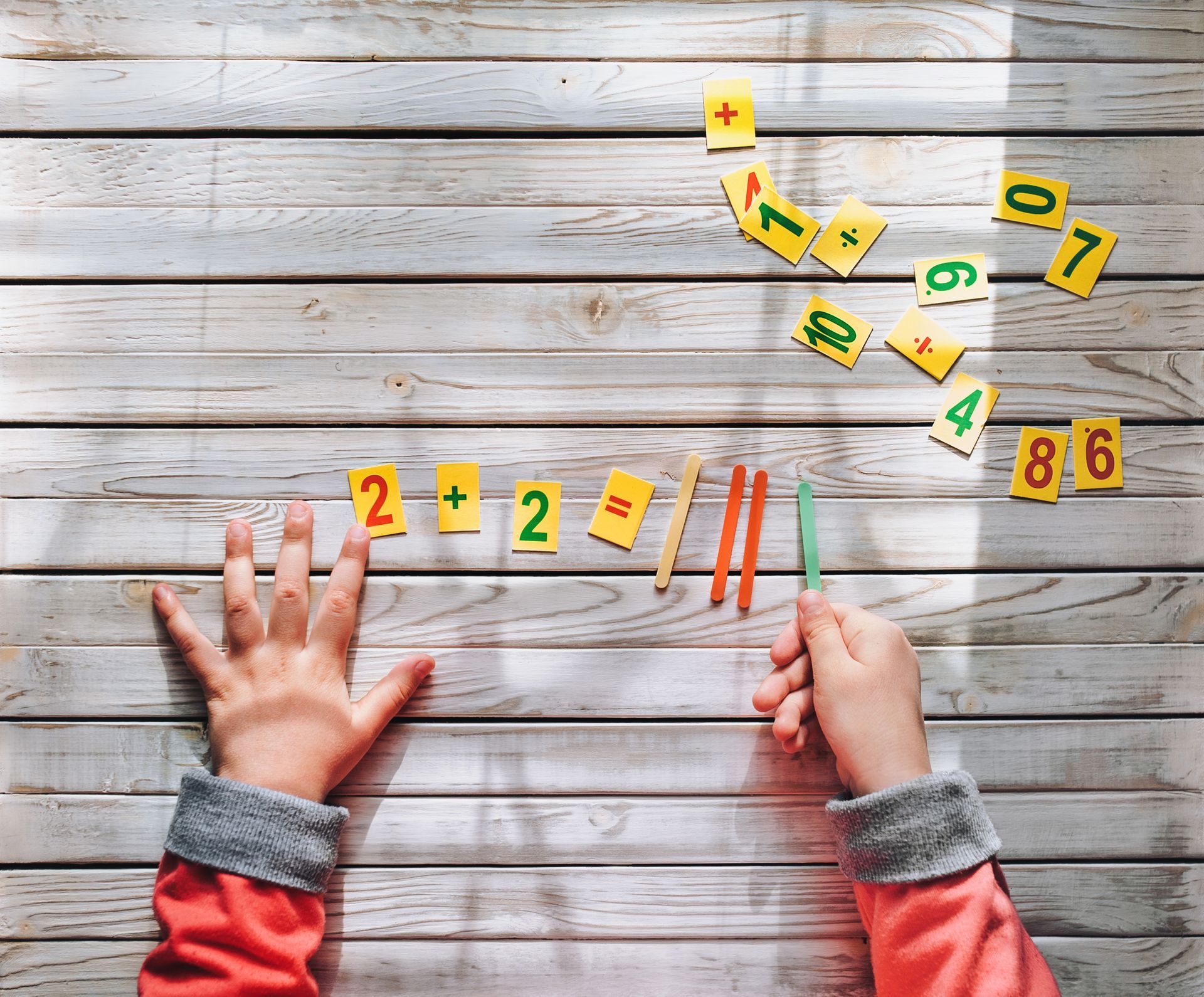What Is Dyscalculia?
Dyscalculia is thought to affect approximately 5% of the population. Whilst research into its causes are about 30 years behind that of dyslexia, dyscalculia is generally referred to as a specific learning difficulty in Maths, in particular arithmetic.
Dyscalculia is described as, ‘a specific and persistent difficulty in understanding arithmetic and basic number sense. It may also affect retrieval of number facts and key procedures, fluent calculation, and interpreting numerical information. It is diverse in character and occurs across all ages and abilities. Dyscalculia is an unexpected difficulty in maths that cannot be explained by external factors.’ (British Dyslexia Association 2019)
Dyscalculia differs from general maths difficulties, as dyscalculics have specific difficulties with acquiring arithmetical skills. They struggle to have a feel for numbers, understand and compare sizes of numbers or sequence numbers, often relying heavily on counting strategies.
Find out more about the assessments:

